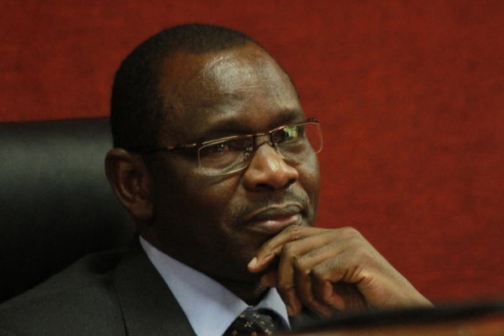×
The Standard e-Paper
Smart Minds Choose Us

Political parties have been ordered to come up with modalities to ensure they comply with the two-thirds gender rule during their nominations.
Justice Chacha Mwita ruled that no political party should present a list of candidates for nominations for the seats of MPs, senators and MCAs that does not comply with the two-thirds gender rule, and that the electoral commission has powers to reject any party list that has more men than women.